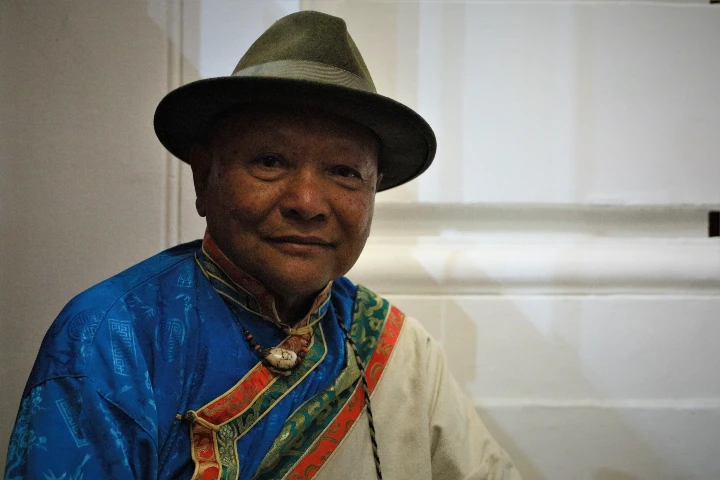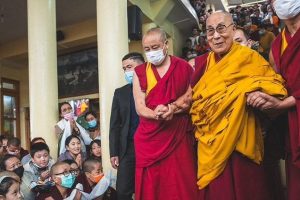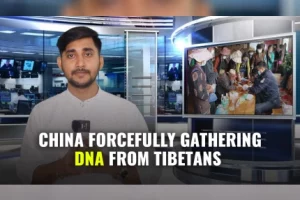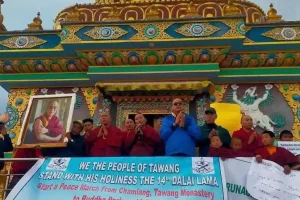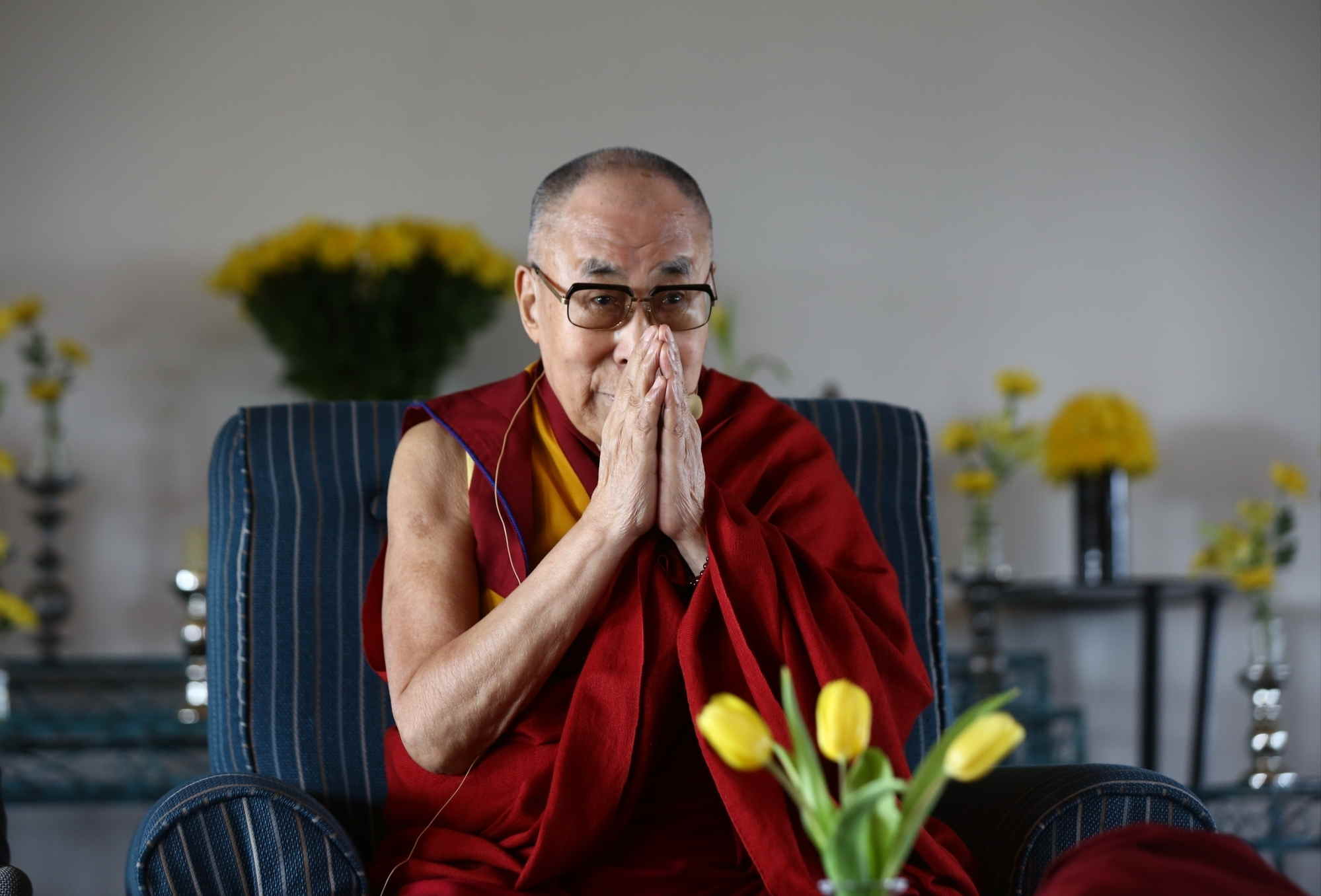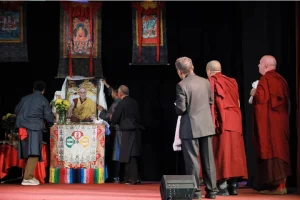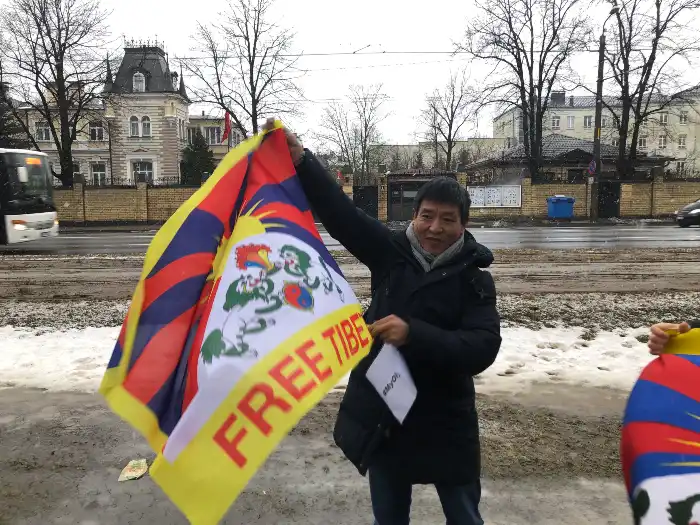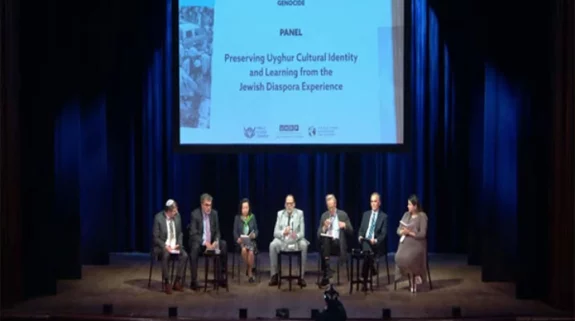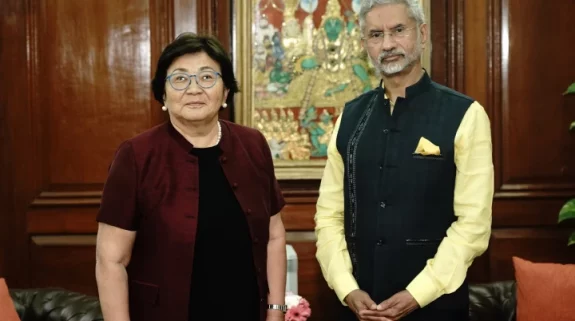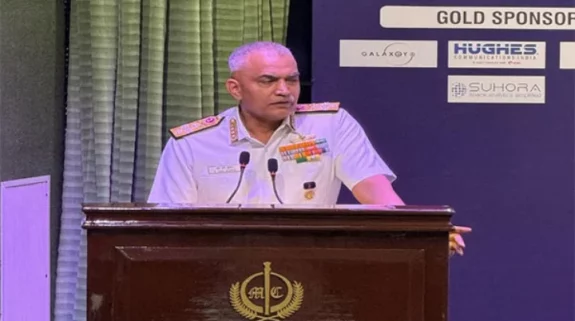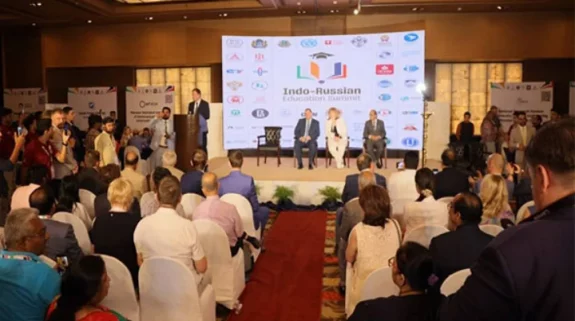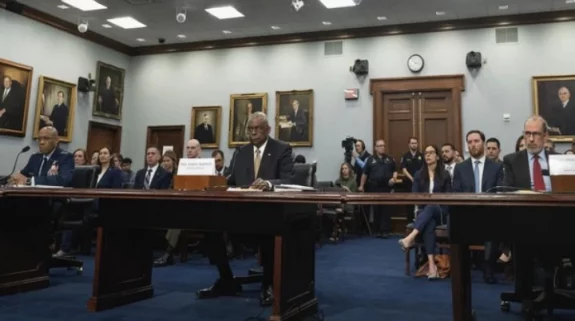Ugyan Norbu, septuagenarian Tibetan migrant to the UK, has interesting tales to share about his early life in India, travels to Europe and studying agriculture with the goal of boosting farm production in India. After frequent travels to Europe, Norbu eventually settled in Britain.
He gives a delightful insight into how the young Tibetan generation born and growing up in the UK keeps its connect with Tibetan culture by visiting India, and consequently falling in love with India and its diverse culture.
India Narrative catches up with Norbu in London. Excerpts from the interview.
IN: Tell us about your initial days in India. How did you come to India?
Norbu: I used to live in a region close to the Mount Everest with my parents. My escape from Tibet began because my parents desired me to go in the direction of the Dalai Lama who had already taken refuge in India. So, I walked and trekked to Kathmandu, then took a train somewhere in India. Finally, I hopped on to a bus for Dharamsala, hoping to see the Dalai Lama the same day.
It was difficult to relocate from Tibet to India, more so for the older generation from Tibet. But for some of us, as we were motivated to meet the Dalai Lama, it was easy. I was also curious that he might give sweets.
Once we reached Dharamsala, one of the Tibetan officials asked if I was in a school or not. So, I was immediately put into the Tibetan school at Dharamsala. Six months later I was put into the chhota Shimla school, where I remained for two years.
Came across this #Tibetan community dance video from #London, so full of melody & energy. Do watch… #DalaiLama #Tibet #Video #music #Dance pic.twitter.com/w7WDuLHbzu
— Rahul Kumar (@rahulkumarindia) August 17, 2022
IN: So, how did you come all the way to the UK decades back?
Norbu: My journey to the UK actually began because of education in Europe. I came to Copenhagen, Denmark, somewhere around 1963 along with 105 Tibetan students and lamas. A few months later, from Norway, 40 of us left for Denmark. We were studying and learning how to adapt to living in Europe.
In 1965, one of the Tibetan committee members from Norway came to Dharamsala and told the Dalai Lama that your boys who were in Europe are “well behaved and intelligent”. They should move on. He even recorded the conversation with the Dalai Lama which contained a message from His Holiness—"we are trying to build a nation. Do your best".
After hearing the Dalai Lama's speech, 15 boys volunteered to do agriculture. Before this nobody wanted to do farming. so, we studied farming for two years in Norway. Then we worked on a farm to improve our learning. We came back to India in 1968 and went to the Tibetan settlements in Dharamsala, Delhi and Odisha.
IN: Okay. So, how did you arrive in the UK?
Norbu: At that time we were living in a Tibetan settlement provided by the Indian government. I could see that we needed modern technology and improved agriculture.
I lived for four years in the Odisha settlement from 1968-1972 after which I came to the UK for further studies in sprinkler irrigation and dam irrigation. These studies made me realise that we could grow more crops in Odisha.
While in the UK, I met a Tibetan lama who was teaching in London. By this time the expat Tibetans had already set up organisations like the Tibetan Society UK and the Tibetan Relief Fund. The Tibetan Community UK was formed in 1970. I was offered a job with the Tibetan organisations as a secretary but I refused. However, the lama persuaded me and I joined the organisations, thinking I will leave after a few months. However, I continued to work till 1991.
We had many Tibetan groups so we decided to merge these into one—Tibetan Community UK. The name also seemed to work for everybody and it continues till today.
IN: Did you keep your links with India alive?
Norbu: I kept my links alive with India for a long time. Kept visiting India every year for many decades. You need to keep your sense of humour alive to interact with India. I do not pay much attention to the global politics around India but I feel that your Prime Minister, Narendra Modi is getting a lot of attention.
IN: How does the younger generation of Tibetans here, which has a completely different thinking and world view, perceive Tibet, China and India?
Norbu: Currently, we may have about 1,500 Tibetans in the UK. Some want complete independence. But most agree with the Dalai Lama's middle way approach. They want de-colonisation of Tibet without fighting.
The younger generation of Tibetans who understand China want independence. This generation of Tibetans, who are born in London but whose parents came from India, keep the connection with India alive by visiting Tibetan settlements. Remember that they have their older relatives in India. Also, the children visit India to see the Tibetan monastery, they visit Dharamsala and other institutions.
Our children stay in India for one to three months. It allows them to imbibe Tibetan traditions and culture.
They also get an insight into India – traffic, restaurants and language. The ones who have been visiting south India have become fond of south Indian vegetarian cuisine.
In the UK, we have Tibetan centres but no monastery. We have a Tibetan peace garden in central London, which is high frequented. It was inaugurated by the Dalai Lama and has an introduction in English, Hindi, Chinese and Tibetan. It has become a rendezvous for the Tibetans during the British summer months.
Read More: There is no mention in Chinese imperial records that Tibet was ever a part of China: Sonam Frasi






